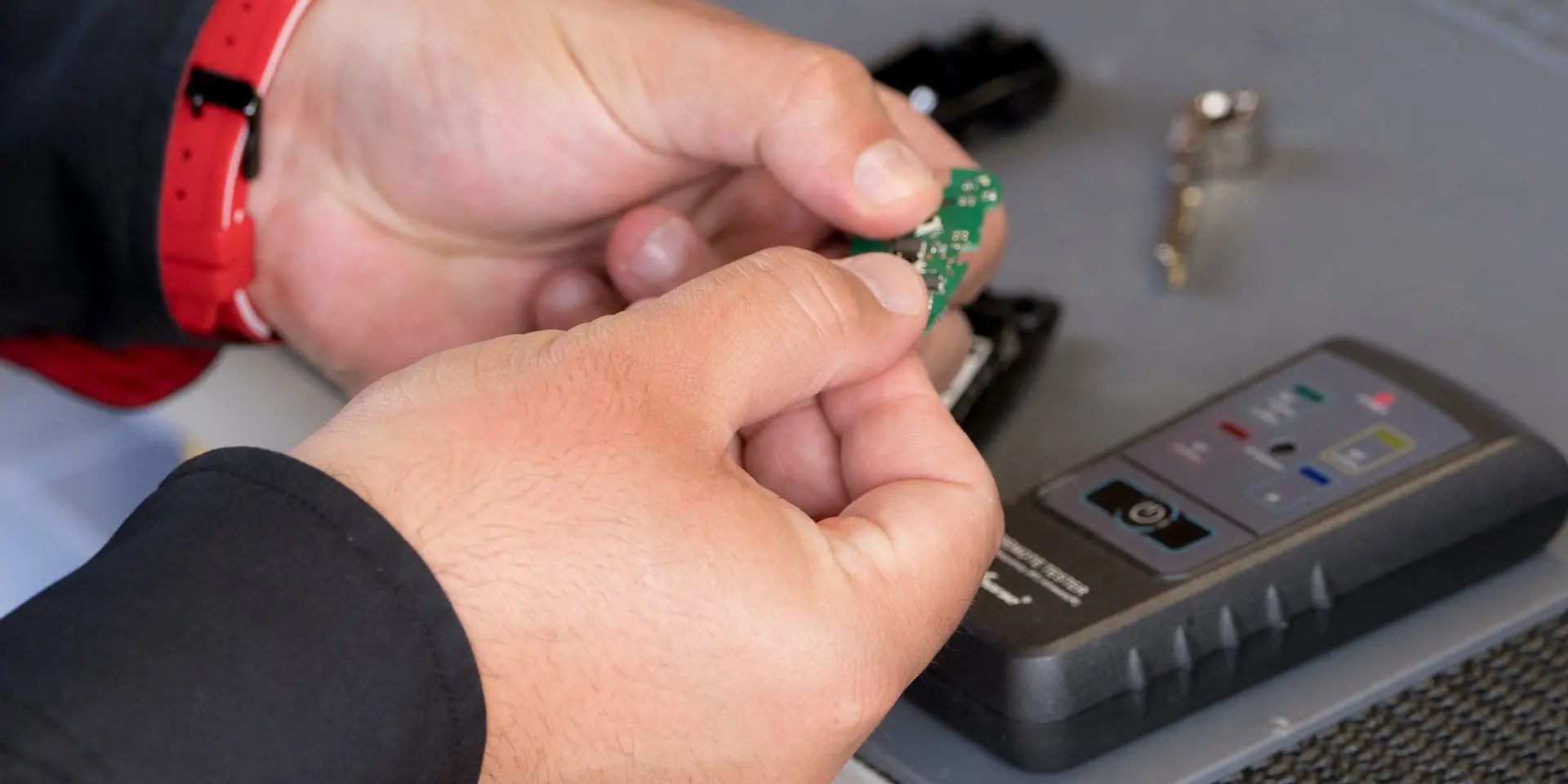
Key Fob Refurbishment
Add a review FollowOverview
-
Sectors YouTube Subscribers
Company Description
Ten Emergency Car Key Repairs That Really Change Your Life
Emergency Car Key Repair: A Comprehensive Guide
Car keys are an important part of vehicle ownership, and their abrupt malfunction can cause significant hassle. Whether lost, broken, or damaged, understanding how to handle emergency car key repair is important for any vehicle owner. This thorough guide explores numerous elements of car key repair and replacement, resolving typical issues, potential solutions, and the value of expert services.
Understanding Car Keys
Modern car keys can be found in various types, each featuring distinct technologies and functionalities. The primary types consist of:

- Traditional Mechanical Keys: The simplest kind, these keys run through a mechanical locking mechanism.
- Transponder Keys: Equipped with a chip that communicates with the car’s ignition system for improved security.
- Key Fobs: Remote access systems that frequently include keyless entry features.
- Smart Keys: Advanced systems that enable for keyless ignition and entry, normally found in more recent automobiles.
Typical Issues with Car Keys
In emergency scenarios, understanding the reason for car key breakdown can assist figure out the ideal method for repair. Some regularly come across problems consist of:
- Key Breakage: Often occurs due to wear and tear or excessive pressure when placing or turning the key.
- Lost Keys: Misplacement or loss of keys can leave a vehicle owner stranded.
- Dead Key Fob Battery: A common problem with remote keys, resulting in failure in keyless entry or ignition.
- Transponder Key Malfunction: If the chip in the key is harmed, the vehicle may not recognize the key.
- Lock Cylinder Issues: Problems with the ignition or door lock cylinders can avoid the key from turning properly.
DIY Emergency Car Key Repairs
Before availing expert services, particular scenarios might enable DIY repairs. However, these approaches depend on the concern at hand. Below are some methods:
1. Broken Key Repair
Products Needed: Super glue, a set of pliers, and wet wipes.
Steps:
- Carefully line up the two pieces of the broken key.
- Apply a small amount of super glue to the break and hold the key together for a few minutes.
- Wrap the key with tape to provide extra support while the glue dries.
- If the key breaks once again, think about getting a duplicate made.
2. Dead Key Fob Battery Replacement
Products Needed: New battery (usually CR2032), small flat-head screwdriver.
Steps:
- Open the key fob using the screwdriver.
- Remove the old battery carefully.
- Replace it with a brand-new battery, guaranteeing the positive (+) side deals with the proper instructions.
- Close the fob and test the functions.
3. Lock Cylinder Issues
If your key won’t kip down the lock, it may be due to debris or problems with the cylinder itself.
Products Needed: Lubricant spray, an old tooth brush or cloth.
Actions:
- Spray a percentage of lube into the lock cylinder.
- Utilize a cloth or old tooth brush to clear any particles or dirt.
- Try to turn the key gently.
When to Seek Professional Help
While many problems might be fixed through DIY techniques, some issues require the proficiency of a professional locksmith or car dealership. The following circumstances normally call for professional intervention:
- Severe Damage: If the key is considerably damaged or broken, replacing it may be required.
- Transponder Key Issues: Expert reprogramming may be required if the key fails to communicate with the vehicle.
- Key Duplication: For intricate key types, a locksmith ensures precise duplication or replacement.
Advantages of Choosing Professional Services
- Competence: Professionals have the needed training and experience to handle numerous kinds of keys.
- Time Savings: Instead of trial and mistake, specialists can deal with issues effectively.
- Access to Technology: Locksmiths can reprogram transponder keys and key fobs that need specialized devices.
Comparison Table: DIY vs. Professional Services
| Aspect | DIY Solutions | Professional Services |
|---|---|---|
| Cost | Low (minimal tools) | Higher (service charges) |
| Skill Required | Fundamental | Advanced |
| Time Efficiency | Variable | Quick |
| Repair Capabilities | Minimal to minor issues | Large range of repairs |
| Tool Accessibility | Standard tools | Specialized equipment |
Regularly Asked Questions (FAQs)
1. Can I get a car key made without the initial?
Yes, a locksmith can frequently develop a duplicate key utilizing the vehicle’s VIN (Vehicle Identification Number).
2. For how long does it take to replace a car key?
The time needed depends upon the key type and the intricacy of the locksmith’s work. Standard keys might take a couple of minutes, while electronic key fobs might take longer.
3. Will my car guarantee cover key replacement?
Normally, car guarantees do not cover key replacement. However, it’s best to talk to your dealership relating to protection specifics.
4. Is it safe to purchase car keys online?
Purchasing car keys online can be dangerous; it’s important to make sure that the provider is trusted. Many keys require programming that can only be done by experts.

5. What should I do if my key gets stuck in the ignition?
If your key is stuck, avoid requiring it out. Instead, turn off the vehicle, make sure the gear remains in ‘Park,’ and gently wiggle the key. If it does not come out, seek expert support.
Dealing with emergency car key repairs can be complicated, but comprehending the kinds of keys, typical issues, and repair options can alleviate the tension. While DIY techniques can be effective for minor repairs, understanding when to contact a specialist can save time, aggravation, and eventually, money. By being proactive and informed, vehicle owners can ensure they are well-prepared for any car key emergency situations.


